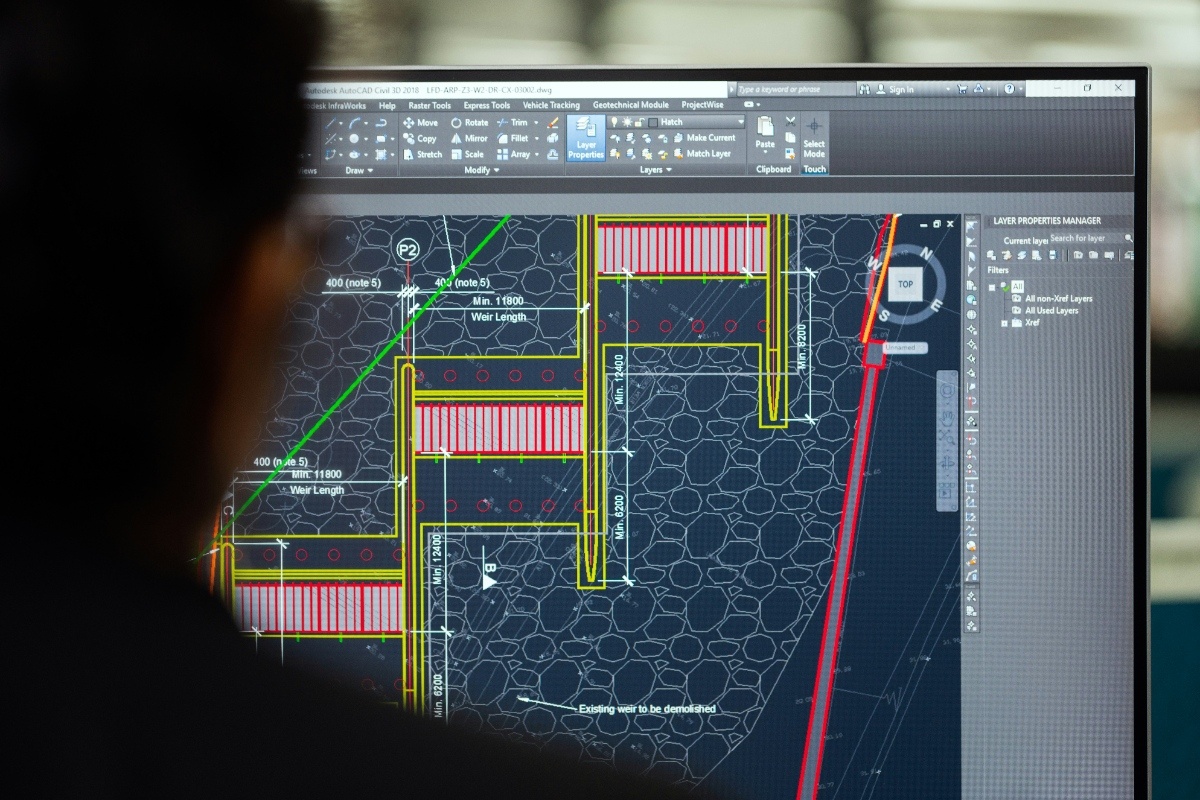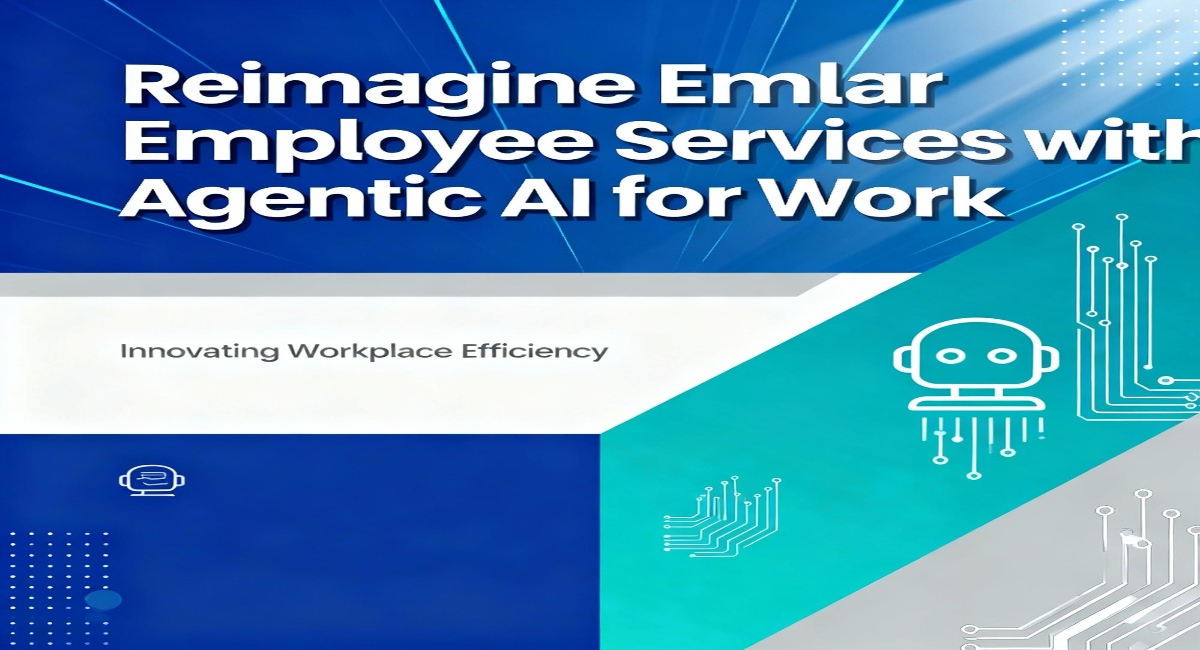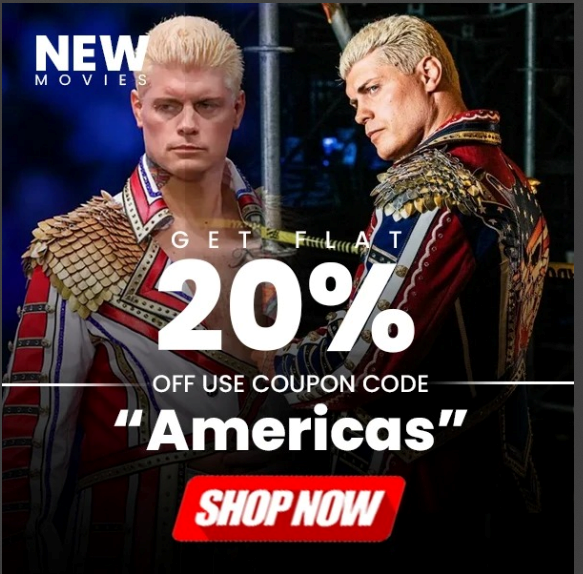
The rise of digital transformation has ushered in a new era of business innovation, most notably through subscription models that are disrupting traditional industries. These models emphasize access over ownership, customer retention over one-time sales, and personalized experiences over generic services. From transportation to food and health, this revolution is rapidly changing how consumers interact with brands and services across the globe.
Subscription models offer consistency, value, and convenience. Consumers appreciate predictable pricing and the comfort of automated services. They also enjoy receiving curated or replenished goods without repeated effort.
This approach fosters loyalty through regular interactions, which boosts customer retention. Businesses benefit from steady revenue streams and improved customer lifetime value over time.
By focusing on relationships rather than single transactions, subscription brands can tailor offerings. This enhances customer satisfaction and encourages ongoing engagement.
The success of this model is evident across diverse markets. It is enabling even small startups to compete with legacy players by offering innovative, flexible services.
Traditional retail relied on seasonal shopping patterns. Subscription boxes now offer monthly delivery of curated products, reshaping consumer expectations and shopping habits.
These boxes introduce customers to new brands and products in a personalized way. This increases discovery and creates excitement with each delivery cycle.
Brands can use customer preferences and feedback to continually evolve their offerings. This makes retail more dynamic and interactive than traditional in-store experiences.
Subscription commerce has also helped niche products thrive. From eco-friendly goods to hobby kits, customization empowers businesses to meet highly specific needs.
Cable TV and physical media have declined as streaming platforms dominate. Subscriptions allow unlimited access to vast content libraries without high upfront costs.
This shift has redefined entertainment consumption. People prefer instant access and personalized recommendations over rigid broadcasting schedules.
Platforms use algorithms and user data to offer tailored viewing experiences. This keeps audiences engaged longer and boosts platform loyalty.
The flexible nature of streaming disrupts how traditional media earns revenue. Ad-driven models are giving way to value-based monthly billing structures.
Subscription meal kits simplify dinner planning. They deliver ingredients and recipes directly to customers’ doors, disrupting grocery shopping and dining norms.
This model combines convenience with variety and promotes healthy eating. It also reduces food waste through pre-portioned ingredients and smart planning.
Meal kits appeal to busy individuals seeking nutritious options without the time investment of planning or shopping. It turns cooking into a seamless, enjoyable activity.
Restaurants and supermarkets now adapt by offering similar services. Subscriptions are challenging their dominance in how consumers approach food sourcing.
Health tech has embraced the subscription trend with fitness apps, supplements, and personalized care plans. This is redefining how consumers approach well-being.
Wearables and digital platforms offer monthly insights, coaching, and data tracking. They help individuals stay on top of fitness goals and habits more effectively.
Mental wellness apps provide access to guided meditations, therapy sessions, and mindfulness tools. These models encourage consistent self-care.
The industry is growing as consumers look for proactive, affordable, and customizable wellness options. Subscription models meet this demand with ongoing value and support.
Traditional car ownership is being disrupted by vehicle subscription services. These provide access to vehicles without long-term loans or maintenance costs.
Users can switch between models based on need or preference. This flexibility is impossible with conventional leasing or ownership models.
Subscription plans include insurance, service, and support. It streamlines the transportation experience and lowers barriers for urban drivers.
Ride-sharing apps and micromobility solutions are also turning to subscription tiers. These ensure regular use while enhancing customer experience with added benefits.
Business software was once sold through expensive licenses. SaaS has flipped this with scalable, cloud-based solutions offered on subscription.
Organizations now pay only for what they use. This model improves affordability and updates are delivered seamlessly, ensuring customers stay current.
It supports collaboration, remote work, and integration with other tools. SaaS fosters agility in ways that rigid software packages never could.
This transformation has empowered startups and enterprises alike. It brings enterprise-level tools to smaller teams without massive infrastructure costs.
Online education platforms offer skill development through monthly memberships. This disrupts formal education by making learning flexible, on-demand, and scalable.
Users access high-quality content across diverse subjects. Subscriptions remove geographic and time constraints from traditional classroom learning.
Learning paths can be customized to suit career or personal development goals. Continuous updates keep content fresh and relevant.
Institutions now collaborate with digital platforms to supplement or replace older models. The democratization of education is a major leap toward inclusive growth.
Fashion is shifting toward sustainability and variety with rental and subscription clothing services. Consumers can explore new styles without overconsumption.
Brands offer flexible options to rent or swap pieces monthly. This appeals to eco-conscious users and trend-seekers alike.
Subscription fashion reduces wardrobe waste. It also allows experimentation without financial risk or storage issues.
The model is influencing even luxury retailers. They’re offering members-only fashion drops and style curation, keeping pace with evolving preferences.
Home goods and lifestyle essentials are increasingly delivered on subscription. This includes everything from toiletries to cleaning supplies and pet food.
The convenience of automatic replenishment appeals to busy households. It ensures that essentials are never out of stock when needed.
Customizable plans adapt to family size, frequency, and product type. This allows consumers to control spending and reduce waste.
Brands build strong relationships through consistent delivery and personalized service. Subscription enhances customer trust and satisfaction in routine product categories.
Gaming once relied on one-time sales and physical media. Subscription services now provide access to vast game libraries across devices.
Gamers enjoy lower entry costs and consistent updates. It encourages experimentation and deepens engagement through community and cloud integration.
Developers benefit from recurring revenue and user feedback. Games can evolve over time based on player behavior and demand.
This model is fueling innovation in game design and monetization. Traditional consoles and publishers are adapting quickly to stay relevant.
The expansion of subscription models is far from over. Future disruptions may target industries like travel, home energy, and financial services.
Success depends on balancing personalization, value, and trust. As competition increases, maintaining quality and relevance becomes crucial.
Technology plays a key role through automation, data analytics, and AI. These enhance the subscription experience and operational efficiency.
Subscription models represent a fundamental shift in business thinking. The focus is on relationships, not transactions—creating long-term loyalty and growth.
I'm a blogger and writer for different websites, where I share engaging content on a variety of topics from lifestyle and culture to travel and trends. Passionate about storytelling and connecting with readers, I aim to inspire, inform, and entertain through every post.






